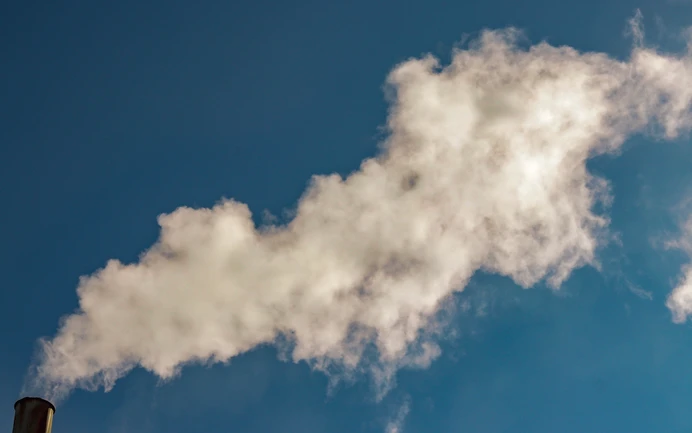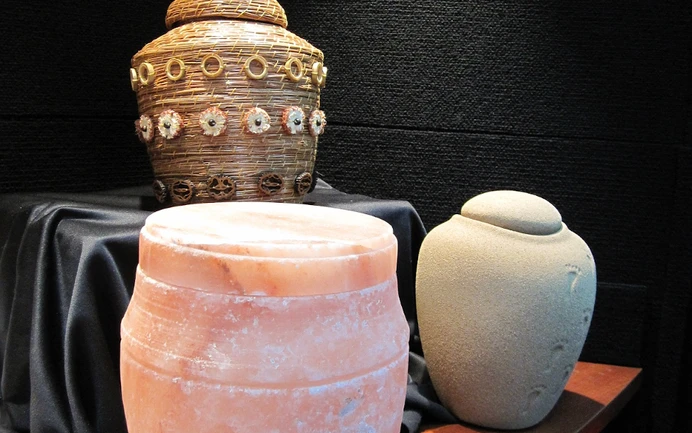
How Does Cremation Work?
By: Tom Harries
Jan 22, 2022 | Traditional Funerals
5 min readCremation is the most common form of disposition in the US, having overtaken traditional burial in popularity in 2015.
This article explains the cremation process, the different options available, how much cremation costs, and how to find and evaluate cremation providers.
It also looks at some of the sustainable alternatives to cremation. These have increased in popularity in recent years, as the public’s awareness of climate change has grown.
The Process Of Cremation
The cremation process involves burning a body in a dedicated cremation retort at a crematory. The process takes about two hours on average. It produces cremated remains, sometimes referred to as ‘ashes’, which are usually scattered, buried or kept.
How Is A Body Prepared For Cremation?
There is some variation in how a body is prepared for cremation. A body can be dressed or undressed. Sometimes the body will be undressed but wrapped in a blanket or shroud.
For the cremation itself, the body is either in a traditional casket or an alternative cremation container, which is a lower cost option, made of cardboard.
On rare occasions, a body will be embalmed before the process. This might happen if the family would like to have an extended viewing, or if the body has a particularly long way to travel to the place of disposition.
Sometimes a family will choose to place items such as photos or handwritten notes with their loved one’s body.
The Benefits Of Cremation
The cremation process tends to be a more cost-effective choice than traditional burial. This is particularly the case with direct cremation. This is the most basic form — the body is collected, the family does not see the body during the process, and the ashes are then returned. This is therefore the quickest and most affordable cremation option.
Some people find cremation a more conceptually appealing option than traditional burial. Many like the memorialization element of having cremated remains which they can scatter or keep somewhere meaningful.
Cremation Vs. Traditional Burials
Most people make their decision between cremation and traditional burial only. This is often because they don’t realize that other alternatives are possible, appealing and readily available in many areas.
Cremation tends to be slightly less expensive than traditional burial with the average cost of cremation about $6,000 and the average burial funeral about $9,000. The average cost of direct cremation is far lower, standing at about $1,000.
A common misconception is that cremation is an environmentally-friendly alternative to traditional burial. It is true that it avoids many of the resources used in burial for caskets, grave linings and memorialization. It is also true that the process does not consume urban land in the same way as burial. However, cremation is a highly pollutive process, which produces substantial carbon dioxide emissions.

One cremation is estimated to produce 535 lbs of CO2. This is the equivalent of a 609 mile car journey in an average sized car. Other emissions include nitrogen oxides, sulfur dioxide, fine soot and mercury.
Steps For Planning For Cremation
Pre-Planning Steps
Early stages of planning will involve the family working with a funeral home or cremation provider to complete the legal paperwork required to move forward with the cremation process. This includes collecting their loved one’s vital statistics, which are used to register the death.
Families should consider whether they want their loved one to be dressed in any specific way and whether they wish to place personal items with their loved one.
It is possible to have quite a lot of the process planned many years in advance. An individual can do this by purchasing a prepaid funeral plan.
How To Evaluate A Cremation Provider
Families can engage directly with the cremation provider or do so through a funeral home.
The most important things to keep in mind when evaluating a provider are cost, efficiency and transparency.
- Cost - a family should work out their budget and consider what their loved one would have thought about expenses
- Efficiency - a family should ask how soon they will be able to complete the process and return their loved one’s ashes
- Transparency - a family needs to be comfortable with their provider and crematory choices and should be guided through all stages of the process
How Long Will It Take To Get The Ashes?
The average turnaround time for a cremation in the US is between 5 and 10 days. The time will depend on location and how busy the crematory is.
Cremation Costs
The cost of cremation depends on whether the traditional or direct form is chosen. The latter can be a very cost-effective process, costing $1,000-2,000 on average. Traditional cremations can cost as much as $7,000.
Costs beyond the core process will likely include the casket and urn, and other costs associated with a traditional funeral or memorial service.
How Can I Save Financially For Cremation?
One option for financing a cremation plan is to opt for a prepaid funeral. This is a funeral that has been planned and paid for ahead of death.
A price is agreed which is then fixed. This often results in a lower cost funeral. This is because the cost of funerals has risen above the rate of wider inflation over the past thirty years. The other advantage is the possibility of spreading the cost over periodic installments.
Urn Options For Cremated Ashes
There are several types of urn. They differ depending on their purpose, which include scattering, burial or display.

Cremation urns can be made from different materials, can have different environmental credentials, can be personalized and can have design differences based on their purpose. You should speak with your funeral home about the different options available, and remember that you are able to source an urn from a third party if that is your preference.
Get a quote in seconds.
Sustainable Alternatives To Cremation
As awareness of the emissions created by the cremation process has grown, so has the popularity of eco-friendly alternatives.
One option is soil transformation. Also known as natural organic reduction or human composting, soil transformation is an alternative that is conceptually similar to cremation. It involves the gentle transformation of a body into nutrient-rich soil. At the end of the process there is a cubic yard of healthy soil, some of which the family keeps with the rest used for conservation purposes.
Not only does soil transformation produce substantially lower emissions than cremation, the soil produced in the process is a positive addition to the environment.
Explore
At Earth, we specialize in soil transformation. If you are interested in a more sustainable funeral option than traditional burial or cremation, read more about our services or get an online instant quote.







